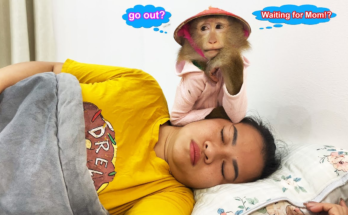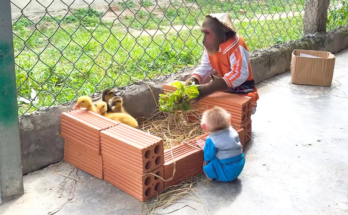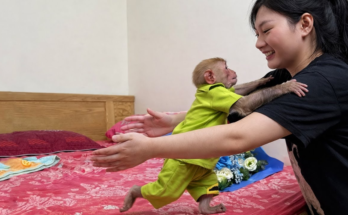It was just another rainy afternoon as EMT Sarah navigated the quiet, rural backroads after a long shift. Her boots were muddy, her uniform damp, and all she could think about was getting home, showering, and sleeping. The rain had turned the dirt roads into rivers of brown, and the world seemed dull under the gray sky.
Then she heard it.
A faint, desperate sound—high-pitched and barely audible over the rainfall. She stopped in her tracks. There it was again. A cry. Weak, shaky, almost drowned out by the wind.
Curiosity—and instinct—pulled her toward the sound.
Under an old wooden fence, half-sunk in a puddle of mud, was a tiny ball of fur. A kitten. Barely alive, soaked to the bone, shivering. Its little eyes blinked up at her, pleading without words. The cry came again—fragile, yet determined.
Sarah’s heart squeezed.
She dropped to her knees without thinking, gently lifting the muddy kitten from the puddle. It was freezing, weightless, and covered in grime. “Hey, little one,” she whispered, wrapping it in her jacket. “You picked the right person to cry for.”
Back at her truck, she turned up the heat and placed the kitten on a warm towel in the passenger seat. Every few minutes, she glanced over, relieved to see the tiny chest still rising and falling.
That night, instead of collapsing into bed, Sarah cleaned and fed the kitten, using supplies she had from treating human patients—tiny syringes for water, gauze for warmth. It was the first time in a while her exhaustion felt like it meant something.
She named her Hope.
In the weeks that followed, Hope regained her strength, her purr louder each day. Sarah, once worn down by the weight of the world, found a renewed sense of purpose—sparked by one tiny cry in the mud.
Sometimes, the smallest voices carry the greatest power.
And sometimes, they change everything.



